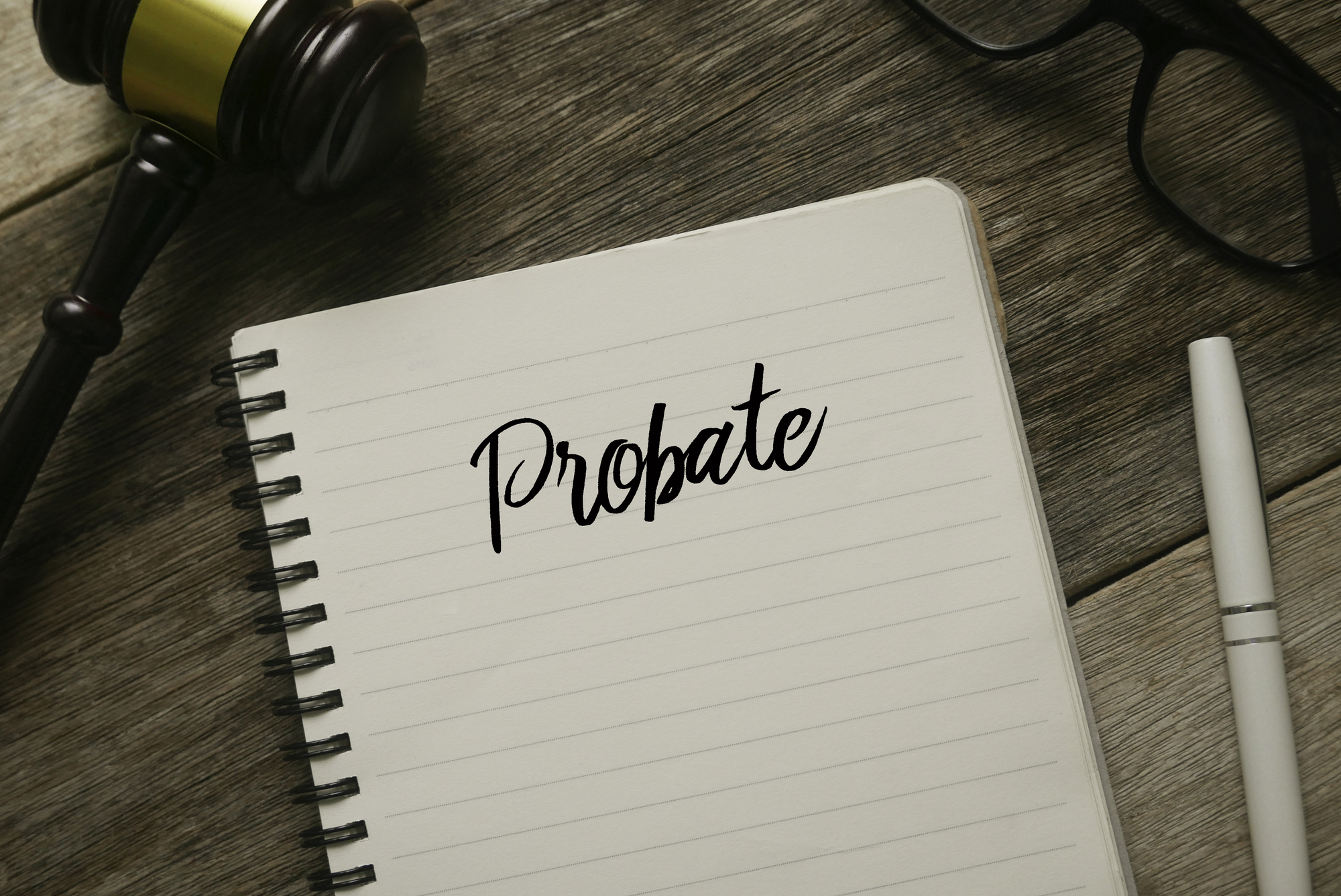
Firstly, we hope you and your families are all safe and taking the recommended precautions to protect yourselves from the novel coronavirus. It is difficult to see the year 2020 fly by with such dreadful pandemic news. It does not negate the need for us to think about protecting our loved ones with important matters like your estate planning, advance healthcare directive, and how your loved ones will inherit your wealth should something happens to you.
Before the coronavirus pandemic, the typical probate case took eight to 12 months in California probate courts. Now, COVID-19 pandemic-related court closures are adding months to the probate process. Though courts are finally reopening, they are backlogged from the closures. In the best of times, probate can be an expensive, time-consuming, and frustrating process. Now more than ever, during the COVID-19 pandemic and the resulting restrictions on travel and impact on the courts, we recommend you engage with a probate attorney at the Velasco Law Group.
Here is a true story:
“The facts of a recent actual probate case show just how expensive and frustrating these delays can be on a family. A client asked Velasco Law Group to file a simple probate in early January, 2020. The children of the deceased person all got along very well and had already found a realtor and a buyer to purchase the family home. The probate petition was prepared and filed two weeks later and set for hearing on March 18, 2020. Unfortunately, due to COVID-19, the petition could not be heard or approved until September, 2020. Meanwhile, the family lost the ability to sell to the buyer they found and have been forced to make ends meet trying to keep the property taxes, insurance, and mortgage current for an additional 10 months after the death while waiting on the courts. The property is not likely to sell any sooner than October or November and the family will have to wait another nine months after the sale for the next available court hearing to approve inheritance distributions and reimbursement of the personal money they paid for property expenses “ Peter Sahin, Partner, and Attorney at Velasco Law Group
Probate is the court process to distribute someone’s estate after their death. It may be necessary even if the deceased has a will. Probate court handles wills, estates, conservatorships, and guardianships. When a will is contested, probate court is responsible for ruling on the authenticity of the documents, and deciding who receives which portion of the assets based on the will’s instructions. In short, the role of the probate court is to make sure that a deceased person’s debts are paid and assets are allocated to the correct beneficiaries.
Though probate can be onerous and especially prolonged during the COVID-19 pandemic, avoiding probate also requires time and energy to spare your heirs the expenses and hassles of probate. You may not be able to divide your estate the way you want to simply by using beneficiary designations and “transfer on death” forms. Or you may want a more comprehensive solution, especially if you have a lot of assets or complicated finances. If your property is ‘small’ enough (this varies by state), this can reduce how long and expensive probate is. Living wills are another way to help avoid probate. Property owners in California can often avoid probate by taking a few crucial steps before passing. A revocable living trust can be created to avoid probate, and much real estate can be passed on with a ‘transfer on death’ deed to avoid probate. At Velasco Law Group, our lawyers can work with you to create the best plan for your specific requests and estate.
The process of probate is initiated when a person files a petition for probate with the state’s probate court system. This petition is normally filed by a family member of the deceased or by a designator of the deceased’s will. The probate court then issues an order that appoints a person to be the executor or administrator of the deceased’s estate. The executor or administrator is responsible for allocating the deceased’s estate to the proper beneficiaries, among other administrative duties.
In California, a will should be filed with the county within 30 days. If the deceased owned property, the county tax assessor should be notified within 150 days. Though most counties allow electronic filing for probate matters, the process can be complicated. At Velasco Law Group, our probate attorneys can help you through the filing process and the intricacies of probate.
Whether you are in the midst of a probate case, about to file a new case, or you or a loved one is planning ahead to avoid or simplify the probate process, the expert attorneys at Velasco Law Group can help. Our team of experienced probate attorneys and staff offer comprehensive probate assistance, representing executors and administrators of an estate, who must be appointed by the probate court. Find out more about how California Probate Law impacts you and your family, and how our attorneys can help through every step of the process by getting in touch here.


"Do Not use this link to make Retainer payments." Contact Us at 562-432-5541

If your device can't run Android 9 or higher, you can download an app to scan QR codes.